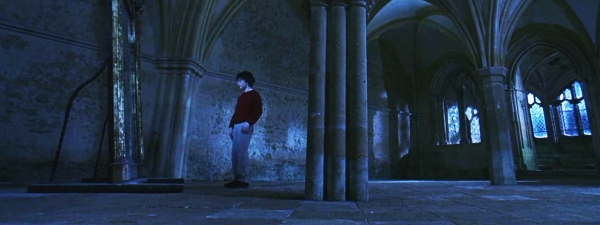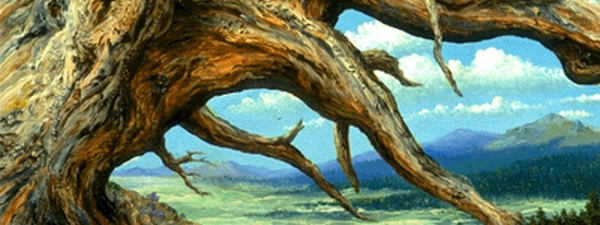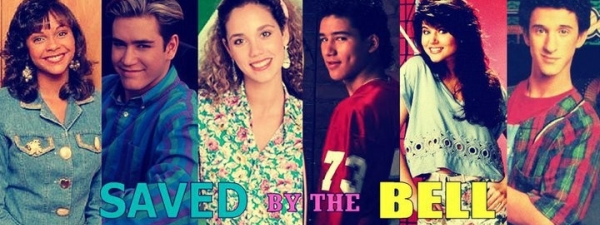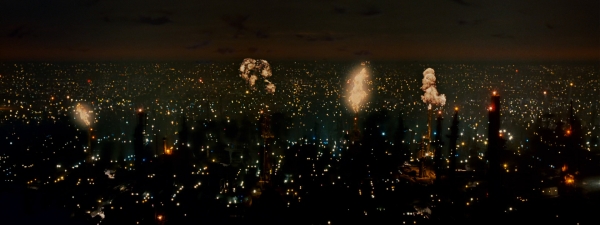Here is my upcoming course for Summer 2014 (Session I):
ENGL 201 C: Selected Topics in Literature I
“Introduction to Children’s Literature: Critical Approaches to Harry Potter and Others”
TuTh 4-7 PM
May 19-June 26
BC 102
Giselle Liza Anatol argues in the introduction to Reading Harry Potter, “It cannot be stated enough times that works for children and young adults have incredible influence. This body of literature is a powerful tool for inculcating social roles and behaviors, moral guides, desires, and fears.” This course will serve as an introduction to reading, thinking about, and critical approaches to “children’s” literature. What does it mean to call something “children’s” or “young adult” literature? How do we think about and idealize the “child”? Why might literature ostensibly for children reveal important ideas and issues about the world we live in, about age, gender, race, class, sexuality, (dis)ability, family, and nation? Drawing on a range of scholarship, narratives, and media–including the Brothers Grimm, Charles Perrault, Beatrix Potter, J.M. Barrie, J.R.R. Tolkien, Lewis Carroll, J.M. Barrie, Ursula K. Le Guin, Judy Bloom, Doris Buchanan Smith, and particularly through the occasion and lens of J.K. Rowling’s Harry Potter series–we will explore and analyze the genre, conversations, and controversies of children’s literature.
Here are my upcoming courses for Autumn 2014:
ENGL 115 H: Topics in Literary Study
“Literatures of the Fantastic”
TuTh 12:15-1:30 PM
Seminary Hall 210
Ursula K. Le Guin asks, in a now famous eponymous speech and essay, “Why are Americans afraid of dragons?” Central to her question and her argument about the reading, enjoyment, understanding, and analysis of literature, particularly fantasy and science fiction, is an engagement with the imagination, with other worlds, with our own world, with recovering the value of these things, and with growing up but not outgrowing our desire for the fantastic. She says, “For fantasy is true, of course. It isn’t factual, but it is true. Children know that. Adults know it too, and that is precisely why many of them are afraid of fantasy. They know that its truth challenges, even threatens, all that is false, all that is phony, unnecessary, and trivial in the life they have let themselves be forced into living. They are afraid of dragons, because they are afraid of freedom.” This class will take up Le Guin’s fascinating and provocative question and explore a long yet often dismissed or narrowly defined tradition of “fantastic” literature (and other media) including, in whole or in excerpt: Homer, Sir Gawain and the Green Knight, Shakespeare, Mary Shelley, Oscar Wilde, Charlotte Perkins Gilman, Edgar Allen Poe, H.P. Lovecraft, Albert Einstein, Ray Bradbury, J.R.R. Tolkien, Allen Ginsberg, Samuel R. Delany, Vernor Vinge, William Gibson, Maureen F. McHugh, Octavia E. Butler, and J.K. Rowling. In other words, what is fantastic literature? Is it more than just children’s stories or flights of fancy? Is it important? How do we read and understand fantasy or science fiction? What might the literature of the fantastic, in all of its incarnations, reveal to us and about us?
AMST 101 T: Introduction to American Popular Culture
“Too Cool for School: Students in American Film, Media, and Pop Culture”
MW 3-4:15 PM
HS S308
What is popular culture? What makes it “popular” and what makes it “culture”? According to Wikipedia, popular culture is “the entirety of ideas, perspectives, attitudes, memes, images, and other phenomena that are within the mainstream of a given culture…heavily influenced by mass media, this collection of ideas permeates the everyday lives of the society.” This class will take up the challenge of reading, thinking, exploring, experiencing, even creating popular culture in the contemporary United States through the lenses of film, television, and other media. As students at an American university taking a class on American popular culture, we will engage and analyze narratives and representations of high school, college, and life as an “average” American student. What do these representations tell us about growing up in the US? About race, gender, class, sexuality, and nation? Texts may include Animal House, Fast Times at Ridgemont High, Fame, Revenge of the Nerds, Lean on Me, The Breakfast Club, Clueless, Good Will Hunting, Better Luck Tomorrow, High School Musical, and The Social Network.
ENGL 357 MO: Advanced Studies in American Literature of the 20th Century
“Cyberpunk: Past, Present, and Future”
TuTh 4:30-5:45 PM
BC 118
Bruce Sterling argues in the introduction of the 1986 anthology Mirrorshades that “cyberpunks are perhaps the first SF generation to grow up not only within the literary tradition of science fiction but in a truly science-fictional world” (xi). Even as cyberpunk looked to the future, according to the introduction, “a final oddity of our generation in SF” is that, for writers like Sterling, William Gibson, and others, “the literature of the future has a long and honored past” (xv). It is this past, present, and future of cyberpunk fiction and culture that will be the occasions for close reading, thoughtful exploration, and critical analysis. What might cyberpunk reveal to us, reveal about us, and reveal about the world we live in? We will consider a “long history” of cyberpunk that stretches the whole of the twentieth century, looking back at cyberpunk’s predecessors, up through cyberpunk’s heyday, and into the twenty-first century, what might be called post-cyberpunk. Readings will include in whole or in part: Aldous Huxley, Vannevar Bush, George Orwell, William S. Burroughs, Philip K. Dick, James Tiptree, Jr., Vernor Vinge, William Gibson, Neal Stephenson, Maureen McHugh, Larissa Lai, and Ernest Cline.



